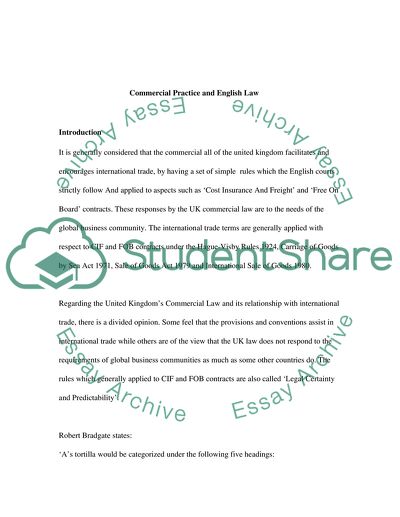Cite this document
(Commercial Practice and English Law Literature review, n.d.)
Commercial Practice and English Law Literature review. Retrieved from https://studentshare.org/law/1731780-commercial-law
Commercial Practice and English Law Literature review. Retrieved from https://studentshare.org/law/1731780-commercial-law
(Commercial Practice and English Law Literature Review)
Commercial Practice and English Law Literature Review. https://studentshare.org/law/1731780-commercial-law.
Commercial Practice and English Law Literature Review. https://studentshare.org/law/1731780-commercial-law.
“Commercial Practice and English Law Literature Review”, n.d. https://studentshare.org/law/1731780-commercial-law.


